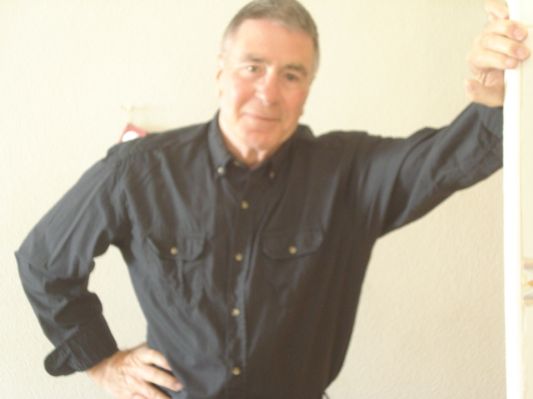
Throughout the world people show tremendous loyalty to newspaper columnists and find they identify with them rather than the newspaper itself. Readers turn the pages to see their take on things. Naturally, they will be drawn to those who echo their own opinions. The Daily Mail’s Richard Littlejohn can really get Middle England applauding.
This empathy with readers transfers intense loyalty to the newspaper they write for. The title columnist is apt. Its origin is based on Saint Simeon Stylites of Syria. In the 5th Century, he harangued the populace from his column. Newspaper columnists also wield enormous power.
Just as Norman Rockwell once epitomised the United States with his paintbrush, columnists carried out the same task with their typewriters. Their names live on. In the U.S. Mark Twain, Ambrose Bierce, Walter Winchell, H. L Mencken: In the UK Cassandra, Lynda Lee-Potter, Richard Littlejohn and Andrew Alexander of the Daily Mail. The list is endless. They shape opinions, they become household names.
The Washington columnist Marquis Childs guessed that James Reston of the New York Times had roughly the power of three U.S. Senators. Their influence is such that presidents and prime ministers tirelessly court them. U.S. President Lyndon B. Johnson was a Walter Lippmann sycophant. He knew that such an influential columnist could make or break him while the electorate were still in bed.
Lippmann’s Today and Tomorrow column appeared three times a week in more than 200 newspapers. He had drafted President Wilson’s famous 14 Points and was later wined, dined and courted by Russian Premier Nikita Khrushchev. Lippmann played a leading part in ending the Vietnam War. It was a war that his rival, columnist Joseph Alsop, helped to start. As he ordered 50,000 more troops to Vietnam Lyndon Johnson was heard to murmur: “There; that should keep Joe Alsop quiet for a while.”
No fewer than 800 American newspapers carried Walter Winchell’s daily column. Little did his adoring readership know that Herman Klurfield, for twenty-nine years, served as Winchell’s ghostwriter. Many columns are written by a group effort and appear under a pseudonym. It is in effect a brand name.
In the United States alone feature syndicates and major newspapers carry the opinionated daily debates of over 200 columnists. To these can be added local commentators covering everything from gardening to sportswriters, political pundits and social gossip columnists. Across the U.S., it is estimated that 15,000 mostly freelance writers provide for 26,000 periodicals. This number can at least be doubled if the UK and European Union are included.
Such is the influence offered by a barrel-thumping columnist that the calling has attracted the most illustrious figures in history. Both U.S. President Franklin D. Roosevelt and Theodore Roosevelt were newspaper columnists. So was President Ronald Reagan and one time presidential hopeful Barry Goldwater.
A columnist’s value to an editor cannot be understated. His challenging wordsmith gets away with expressing opinions, some controversial, the editor dare not utter. It is the columnist, not the newspaper that attracts the flak. He creates the illusion of free speech. Most important of all there is neither news nor sport feature that can draw and keep as many readers as can the columnist.
Cynics may write journalists as people who scribble on the backs of advertisements. However, there are few advertisements that carry as much influence as do the publish and be damned columnists. They wish. ©